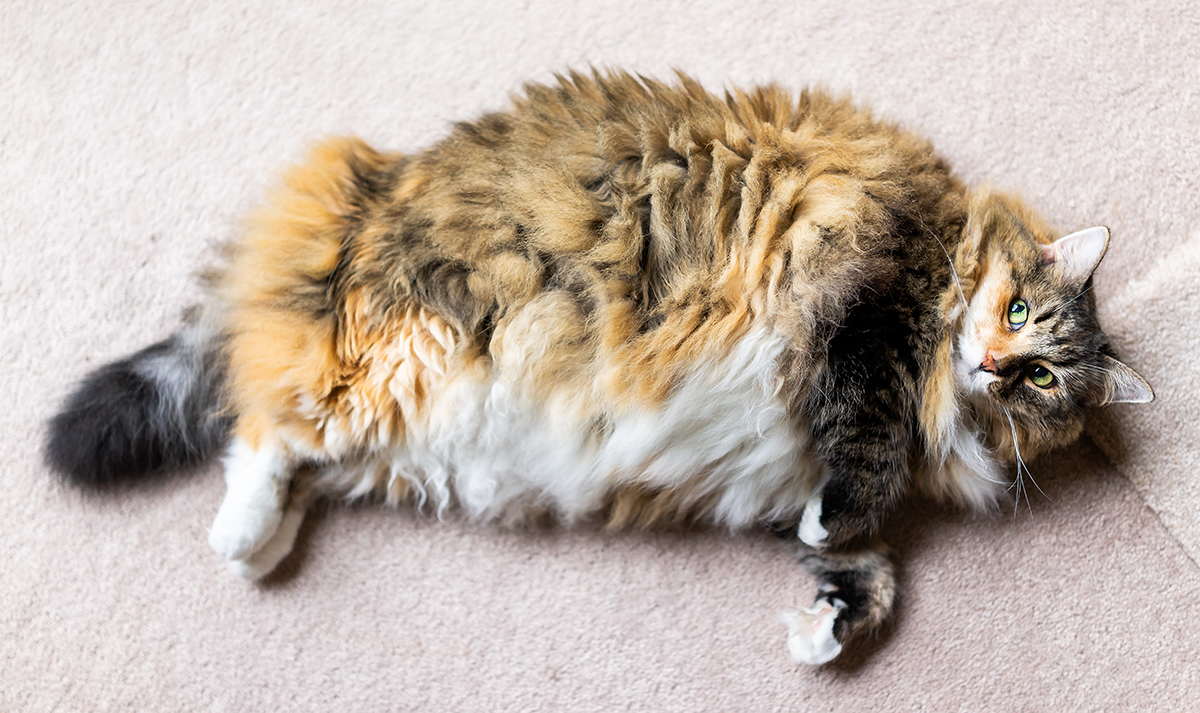
Learn to keep products containing Xylitol away from your pets. Even a small dose can be fatal to small dogs.
Xylitol is an increasingly popular sugar substitute that can be deadly for your dog. Naturally occurring in some fruits and vegetables, it is safe and even beneficial for human consumption, so it is rapidly finding its way into most households. Xylitol is found in a variety of products from gum and mints to toothpaste and chewable vitamins, baked goods, and even some peanut butter. However, even a small dose is toxic for dogs. Therefore, it is increasingly important for you to be aware of the dangers and keep products containing xylitol securely stored.
Over a hundred times more toxic than chocolate, xylitol needs to be on every pet owner’s radar. Products containing xylitol will list it as an ingredient, but there is nothing that requires manufacturers to disclose the amount. And since even the slightest dose can be deadly for small dogs, you will need to practice diligence to keep your pets safe.
Xylitol can cause major problems in as little as 30 minutes from ingestion. The symptoms are related to insulin shock or hypoglycemia and include weakness, lethargy, loss of coordination, vomiting, tremors, collapse, seizures, jaundice, black and/or tarry stools, and coma. If left untreated, xylitol will cause irreversible brain trauma. It can also cause liver damage within 24 hours, and some dogs have shown no signs of hypoglycemia yet suffered severe liver damage. Therefore, regardless of symptoms, it is vital to contact your vet if ingestion is suspected.
Treatment for xylitol poisoning can involve induced vomiting, IV fluids, infusions, and careful monitoring of liver values. The prognosis for dogs whose owners sought treatment before symptoms appeared was good; however, if liver failure develops that prognosis decreases.
If your pet ingests a product containing xylitol, you need to contact your vet immediately. You can also contact the Pet Poison Hotline (855-764-7661), an incident fee will be charged.
Awareness of the harm that xylitol can cause your pet along with label reading and proper storage can keep your loved ones safe. Whitworth Animal Clinic wants to help keep pet owners aware of dangers and ways to keep your pets safe and healthy. We are a full service clinic, and we take pride in providing personalized, quality care to our clients. Dr. Whitworth has been a caring veterinarian since 1981, and Whitworth Animal Clinic is available to help with your pets’ needs. Conveniently located in Madison, AL, Whitworth Animal Clinic serves Madison, Huntsville, Decatur, and the surrounding areas in North Alabama. Please contact us with questions or concerns regarding any of your pet related needs.
© 2019 Whitworth Animal Clinic. All rights reserved.






